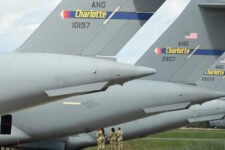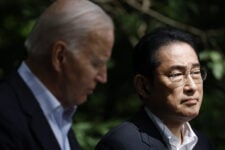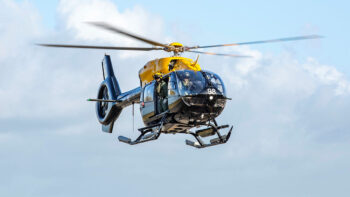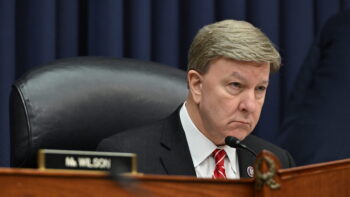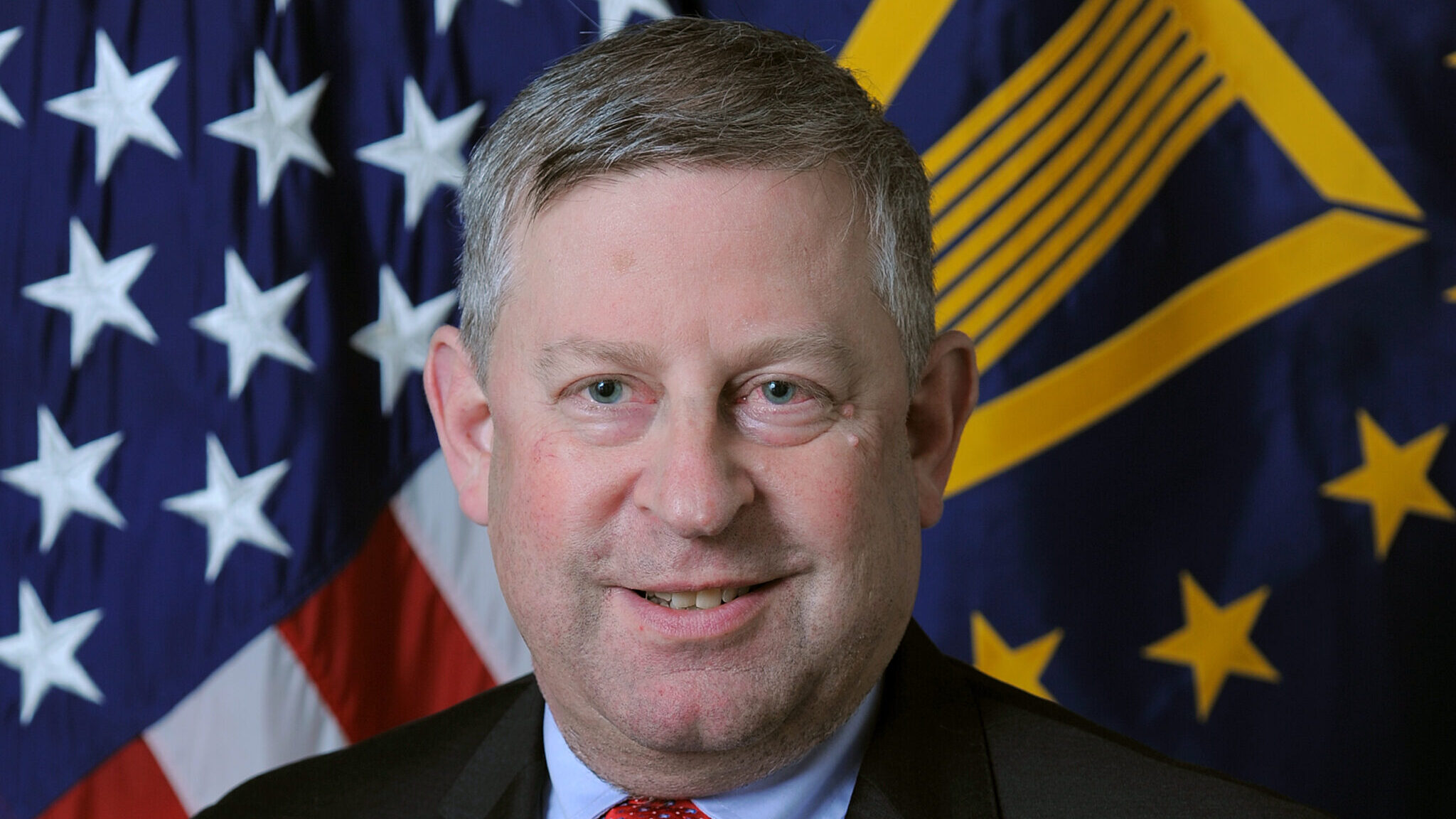
James Hursch became director of the Defense Security Cooperation Agency on Jan. 2, 2022. (DSCA)
WASHINGTON: The Pentagon’s Defense Security Cooperation Agency, which oversaw more than half a trillion dollars in foreign military sales in fiscal 2021, has named James Hursch as its new director.
The appointment of Hursch — who took office on Jan. 2 — continues a recent trend of civilian DSCA directors, rather than the general officers that had typically led the agency in the past. His predecessor, Heidi Grant, was the first civilian to hold the role. Grant left DSCA in November to become Boeing’s vice president of business development.
“It is a great honor to be selected to lead DSCA, carrying forward the excellent Security Cooperation successes this organization has achieved to date,” Hursch said in a statement. “The new National Defense Strategy will recognize the critical importance of our allies and partners in achieving our shared objectives. Security cooperation will continue to be the ‘tool of first resort’ in the strategic competition environment.”
Through his previous jobs, Hursch is likely to be very familiar with the workings of DSCA, which oversaw more than 15,000 new and ongoing foreign military sales cases in fiscal 2021, with a combined value of more than $500 billion. The agency executed $35 billion in FMS sales in FY21.
A member of the senior executive service, Hursch has spent decades working for the Pentagon in security cooperation-related roles. Most recently, he served as the acting secretary of defense representative in Europe and the acting defense advisor for the US mission to NATO, where he provided the Pentagon’s policy positions to the US ambassador to NATO.
From 2008 to 2013, he worked as director of the Defense Technology Security Administration, which oversees the implementation of security policies meant to safeguard technologies the US transfers to international countries. He has also held several other positions within the Office of the Secretary of Defense focused on cooperation with Europe.
Early in his career, he was employed at DSCA’s forbearer, the Defense Security Assistance Agency. From 1991 to 1996, Hursch worked on several different areas spanning DSAA’s portfolio, including excess defense articles, apportioning Foreign Military Financing funds and serving as the desk officer for Central Europe.
One major issue that DSCA will grapple with under Hursch’s leadership is the proposed deal of F-35 stealth fighters and MQ-9 Reaper drones to the United Arab Emirates, which is stalled due to concerns over Abu Dhabi’s relationship with China. The agency would also play a leading role in future lethal or nonlethal aid provided to Ukraine for the purposes of bolstering its military’s capability, an issue currently in the spotlight as Russia builds up forces on their shared border.
In a welcome message to the DSCA workforce posted on Jan 4, Hursch said he was “particularly excited” about furthering the agency’s Security Cooperation Workforce Development Program, which provides training and career development opportunities to security cooperation professionals.
Major trends and takeaways from the Defense Department’s Unfunded Priority Lists
Mark Cancian and Chris Park of CSIS break down what is in this year’s unfunded priority lists and what they say about the state of the US military.












